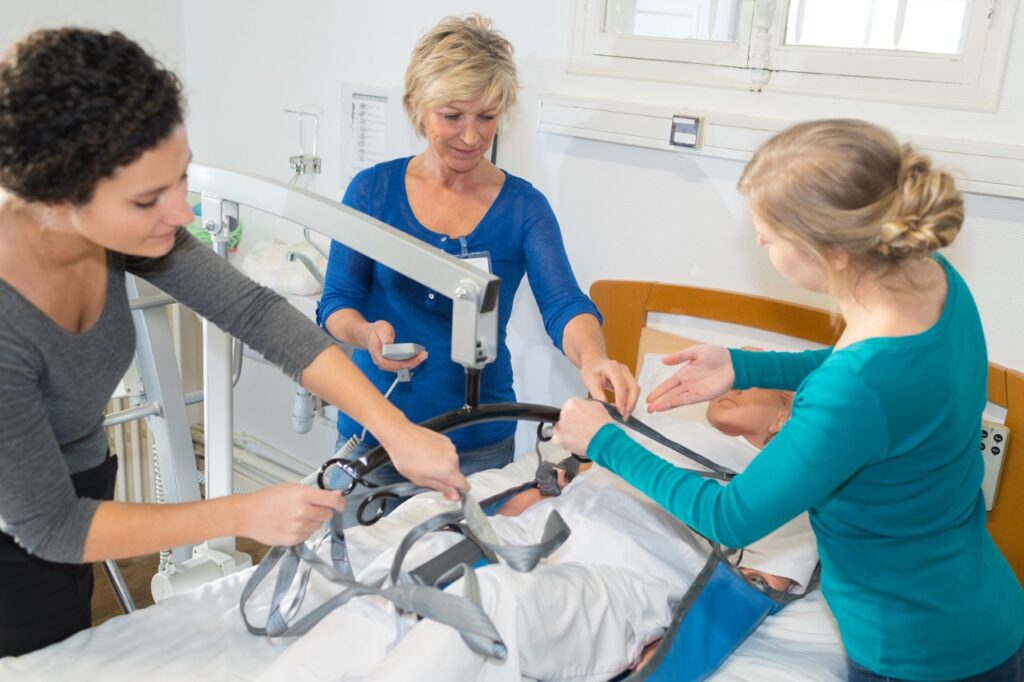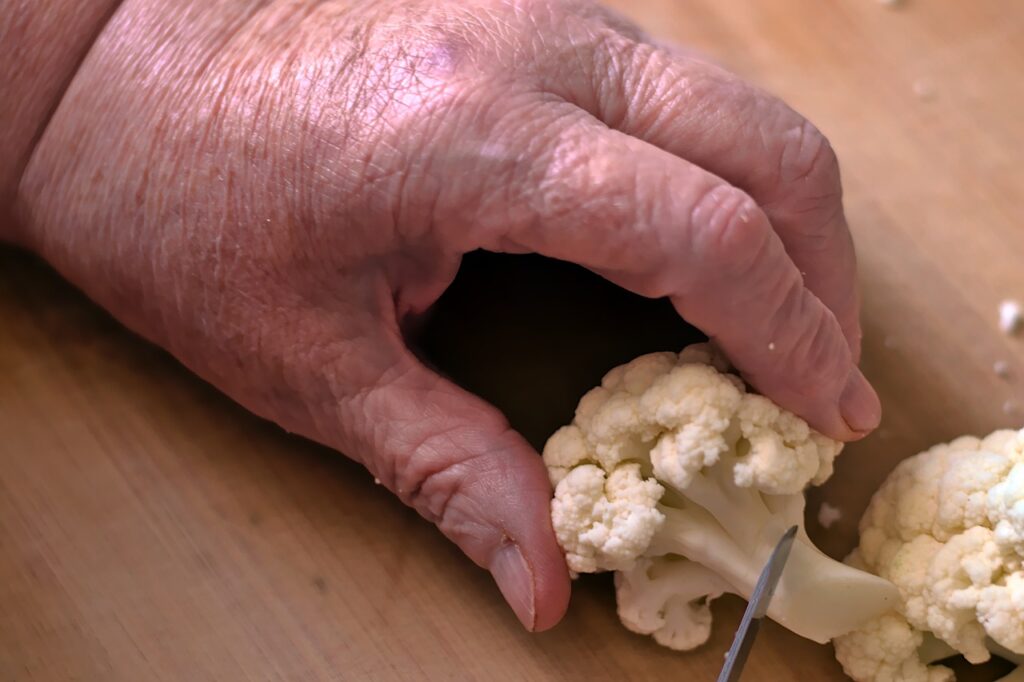Physios support RACGP recommendations for exercise management of OA
An article from HealthTimes Published: 10-09-2018
New guidelines released by the Royal Australian College of General Practitioners (RACGP) and co-authored by Australian Physiotherapy Association (APA) member Professor Kim Bennell from the University of Melbourne confirm that exercise and weight management should be the first treatment options for Australians living with debilitating knee and/or hip osteoarthritis (OA).
The guidelines are consistent with the 2017 APA endorsed Osteoarthritis of the Knee Clinical Care Standard, which also confirms exercise as the best treatment option for the expected 3.1 million Australians who will live with OA by 2030.
Arthroscopic knee surgeries, which have commonly been performed on OA patients over the past two decades, should be considered a last resort treatment for severe cases only. In many instances it is at best a placebo treatment and at worst puts the patient at risk of further complications and delayed recovery. Similarly, opioid management is not recommended.
APA National President Phil Calvert supports the recommendation for conservative management that physiotherapists have been endorsing for some time. “Our members have had excellent success with clients presenting with knee and hip OA, many of whom have been in quite a lot of pain and whose quality of life has reduced significantly. We know that long term opioid use to manage pain is not the answer, and surgery is not the gold standard treatment it was once considered to be.”
“Physios are experts at prescribing and supporting tailored exercise programs to improve strength and muscle control. They’re also well placed to support clients with evidence based education and lifestyle modifications such as improved diets and weight loss. These relatively simple adjustments have a big effect on clients’ movement, pain and overall quality of life.”
“Additionally, we need wider health system support to ensure that these consumer-centred treatment recommendations are supported by adequate health funding mechanisms, both MBS and private health cover. Consumers shouldn’t have to bear the full cost burden of conservative management treatment that is widely acknowledged as best practice.”
“Our members look forward to working in conjunction with their local GPs to roll out these guidelines fully and support patients who present with OA symptoms with the best treatment for their health and wellbeing.”




